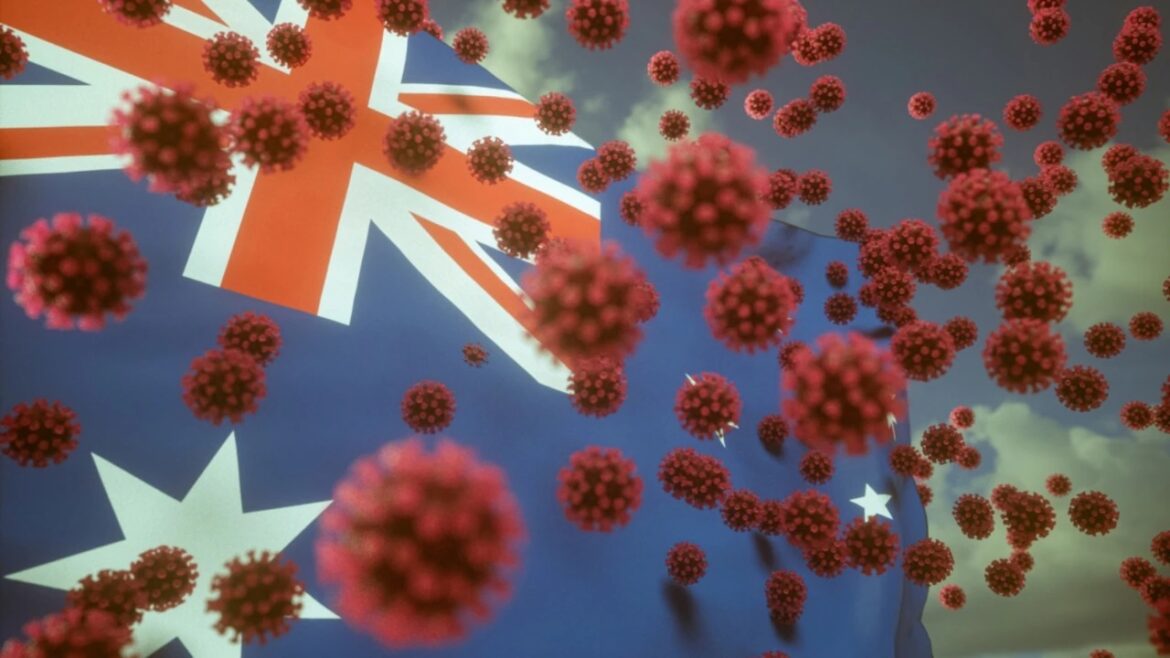What is HMPV, the little-known virus with cases spreading through NSW?
Cases of a relatively unknown virus are on a rapid rise across New South Wales – but how dangerous is it?
The human metapneumovirus, or HMPV, recorded 1168 cases across the state in the Health Department’s respiratory surveillance report for the week ending September 16.
That’s up from 713 in the week ending August 27.

In the same time period, COVID-19 cases declined from 438 to 386, and flu cases from 2250 to 1424.
But Today health expert Dr Nick Coatsworth sought to play down worries about a new viral surge.
“It’s not dangerous, but it has a long name,” he said.
Cases of a relatively unknown virus are on a rapid rise across New South Wales – but how dangerous is it?
The human metapneumovirus, or HMPV, recorded 1168 cases across the state in the Health Department’s respiratory surveillance report for the week ending September 16.
That’s up from 713 in the week ending August 27.

In the same time period, COVID-19 cases declined from 438 to 386, and flu cases from 2250 to 1424.
But Today health expert Dr Nick Coatsworth sought to play down worries about a new viral surge.
“It’s not dangerous, but it has a long name,” he said.
“If I can reassure people out there, we’d get it every year or second year,” he said.
“I know there’s a spike in cases (but) I reckon we’ve become a little too obsessed about the sort of viruses that are circulating.”
However, University of NSW Professor William Rawlinson told the Sydney Morning Herald that after several years of protocols such as masking and social distancing, the virus could have more severe effects than usual.
“We’re not only seeing increased numbers, but we’re also seeing people who we typically would think have a mild illness tending to have a more severe illness,” he said.
HMPV was only discovered in 2001, according to the US Centres for Disease Control.
Symptoms include cough, fever, nasal congestion, and shortness of breath, and the virus is understood to be most active in late winter and spring.
There is no specific medication or vaccine available for it.









